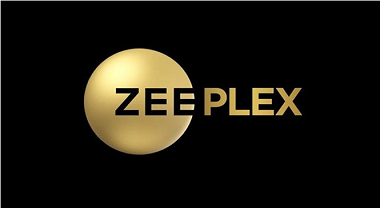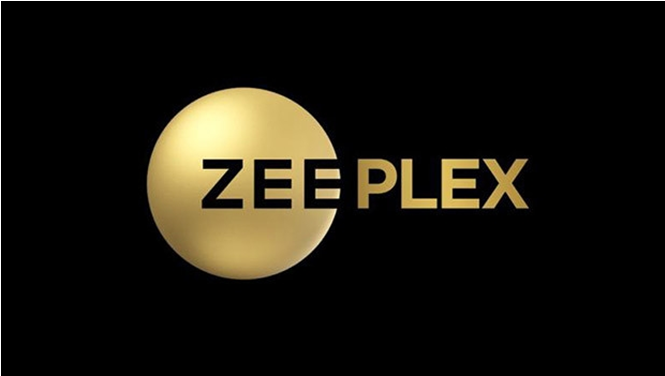The Case of Passing off – Interpreting the Reputation and Goodwill
With increasing business and market, it becomes very important for the corporations or business holdings to have a brand value in the market. This brand value is of the utmost importance for the business because it is this brand that impacts the consumer’s mind over such a brand. The business uses a lot of strategies for creating such value and enjoys a significant market proportion. Out of all, trademark forms an important part for the business to create a unique identity and so that the consumer can easily form connections with the product and services that the business provides. This trademark not only makes the consumer aware of the business but also creates a replica of the quality of services provided by the same which in turn ensures consumer loyalty.
[Image Source: bestmediainfo]
The recent case in Bombay High Court, in the case of Plex vs. Zee Entertainment, deals with a similar instance concerning the use of the word ‘Plex’ in the defendant’s mark.
Facts
The plaintiff, in this case, is an online platform that provides its client with services like Live TV and free movies. The platform is popular with the name Plex. The mark of Plex has been adopted in the USA way back in 2008, obtaining registration for the same in the USA. It has got various registrations across countries. The plaintiff also claimed that it has its user base in India from 2008 and has gained a substantial subscriber base, with around 5 lakh subscribers. The plaintiff has applied for the trademark in India but yet to receive it. Through all these, the plaintiff contended that they have successfully emerged as having an international reputation in the world and have garnered goodwill. The Plaintiffs also argued that both businesses were of a similar nature which might confuse consumers and sought action against passing off. The plaintiff doesn’t have the registration hence the main crux of the argument being put by the plaintiff was the usage of the word for years and thereby gaining an effective reputation. The plaintiff initiated the action of passing off against the defendant.
On the other hand, Zee is one of the largest multimedia corporations with various channels ranging from news, entertainment, TV shows. Recently, Zee announced that it will be launching its streaming services and providing pay per review for shows through the launch of its OTT platform Zee5. Further, the company announced that on similar lines, it will be launching the movies-on-demand through its platform known as ZEEPLEX. The defendant claimed the use of the word ‘plex’ denoting the simple generic meaning of showing movies on a single channel.
Observation
The plaintiff’s contention revolves around the passing off against the defendant. In the case of Laxmikant vs. Chetanbhat Shah, the Supreme Court specifies the pre-requisites in a passing-off claim which are the “reputation of goods, possibility of deception and likelihood of damages to the plaintiff”. The court relying upon the same examined whether a case of passing off could be made. The plaintiff shows the subscriber base and the reputation and the goodwill that it has gained in the market. The court was not satisfied by the establishment of the goodwill by the plaintiff and observed that the defendant had a pan-national presence.
The plaintiff also argued comparing the other platforms like Hotstar, Sony, etc. The Court observes that the plaintiff does not have such brand recognition in India. In a passing-off action, the plaintiff needs to prove its stand by not comparing it with others. The court rejected the contention of pointing out to other established players. Further, the court also relied upon the fact concerning the nature of the business of the two. The plaintiff provides access to videos, images, and music from different sources and on the other hand, the defendant provides movies on a payment basis. Hence, the business of both parties is different, which easily negates the passing-off contention being put by the plaintiff.
This case is important because it shows how international reputation solely might not bring to concrete result in a case for passing off. This case also touches upon an essential factor regarding the last-minute proceeding. The court made a pertinent observation that “Where a plaintiff has had enough notice and yet chooses to move at the eleventh hour — and makes no allowance at all for any adjustment that may be required — the plaintiff must be prepared to face the consequences.” Also, the use of the mark by any party must be registered as soon as possible to not rely solely on the passing-off action.
Author: Saransh Chaturvedi (an advocate) currently pursuing LLM from Rajiv Gandhi School of Intellectual Property Law (IIT Kharagpur). In case of any queries please contact/write back to us at support@ipandlegalfilings.com.




